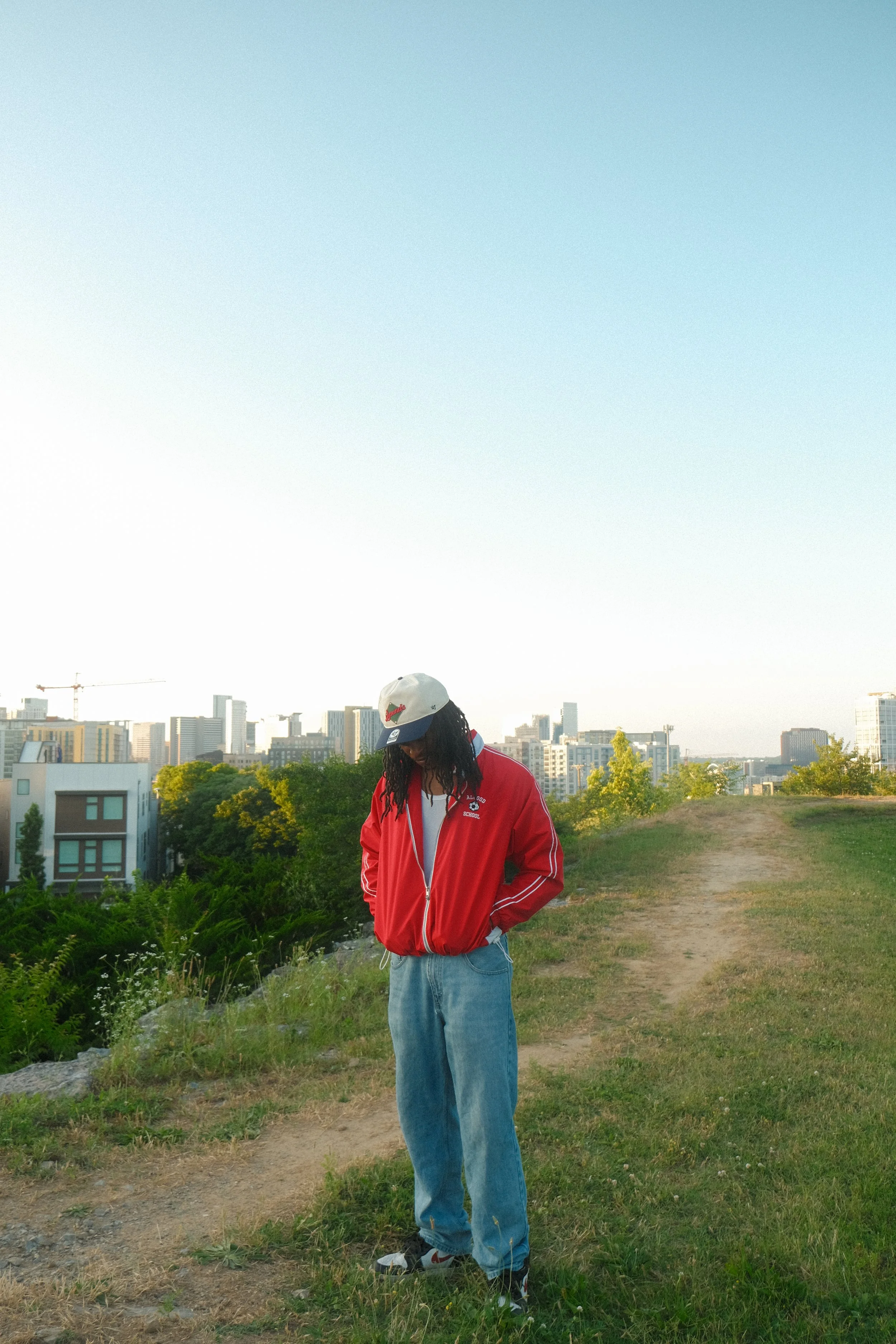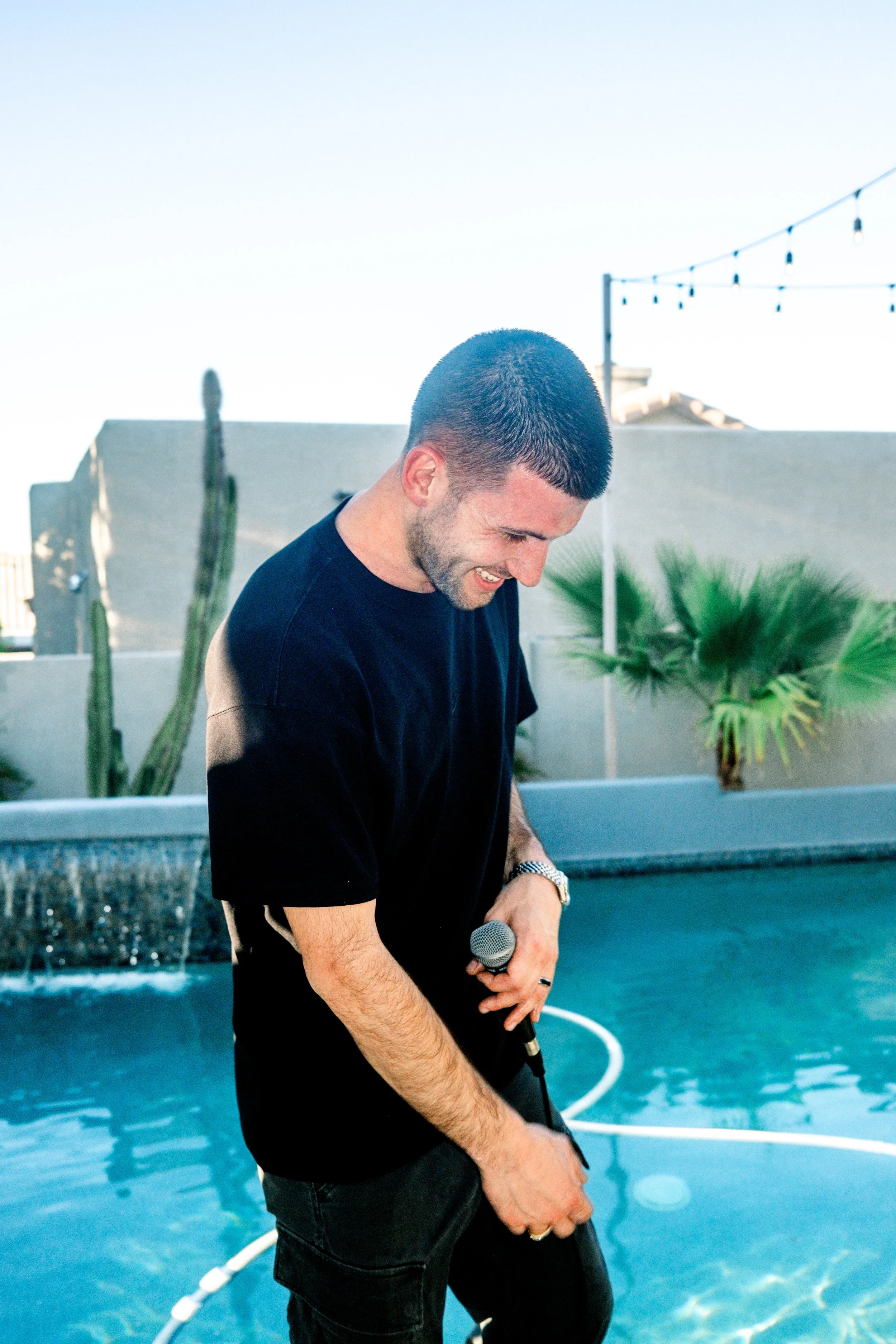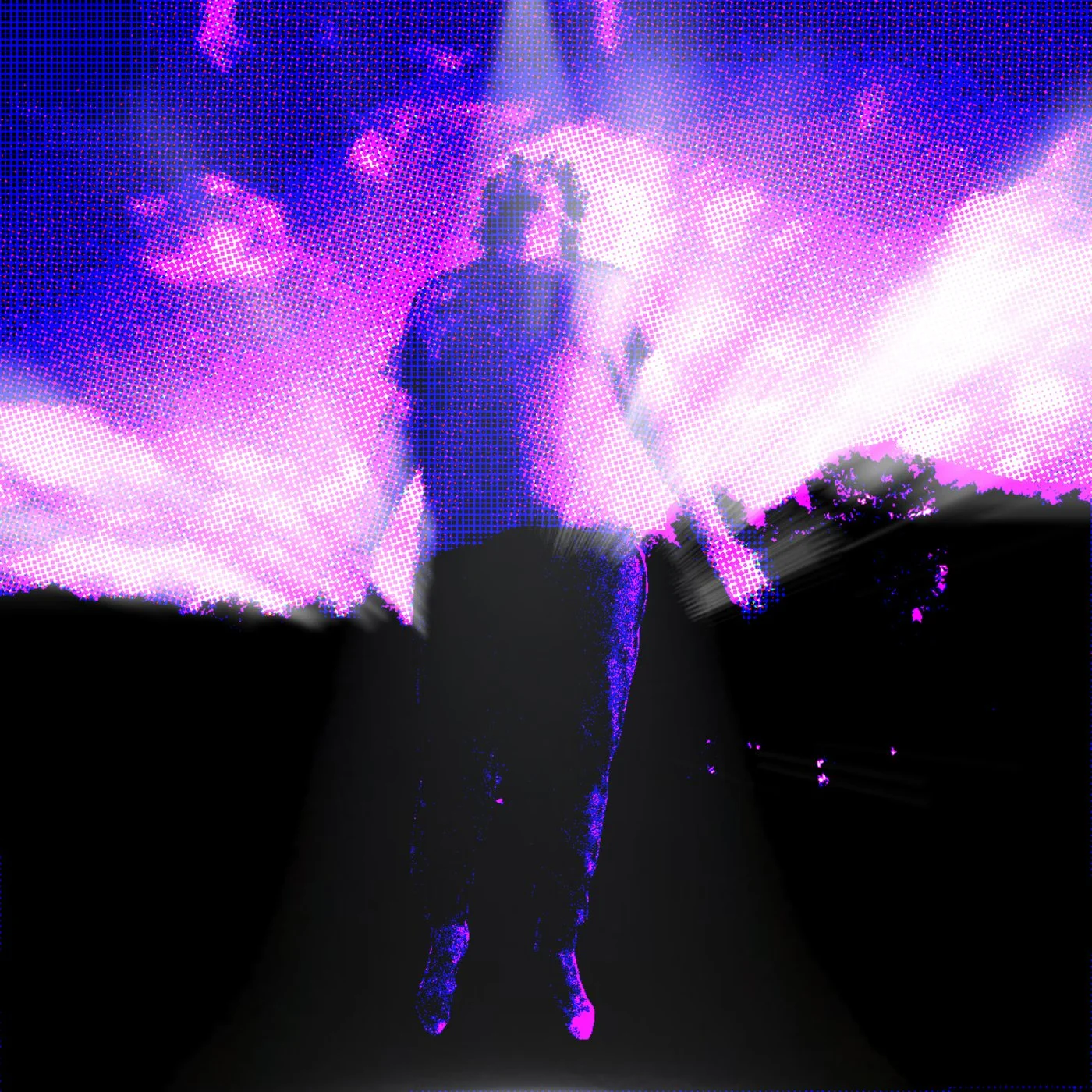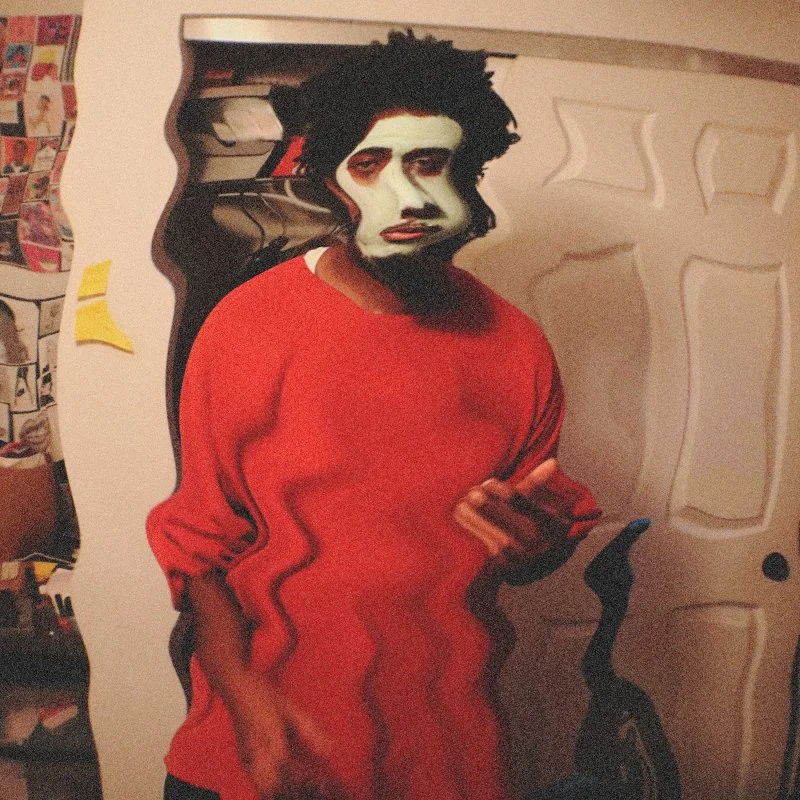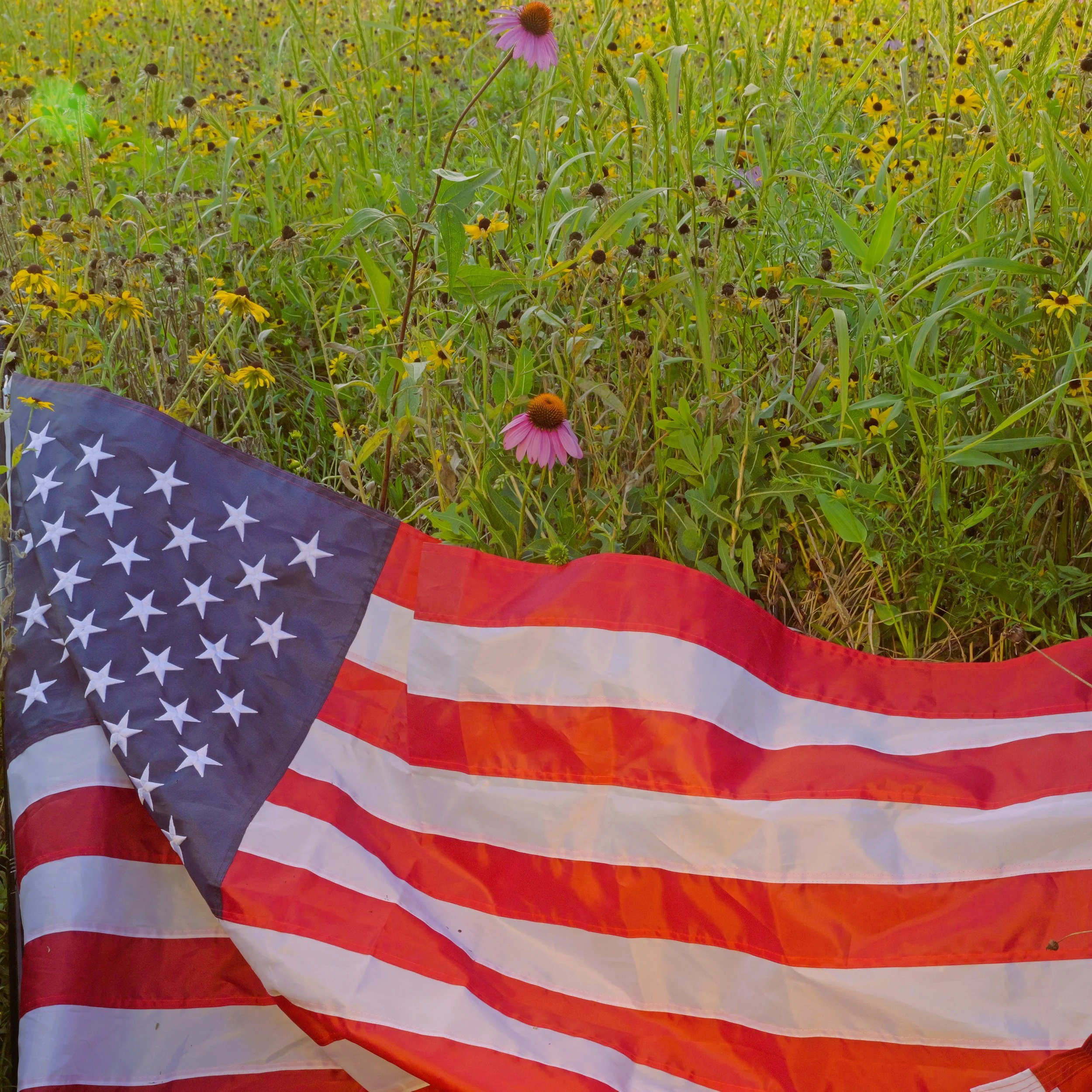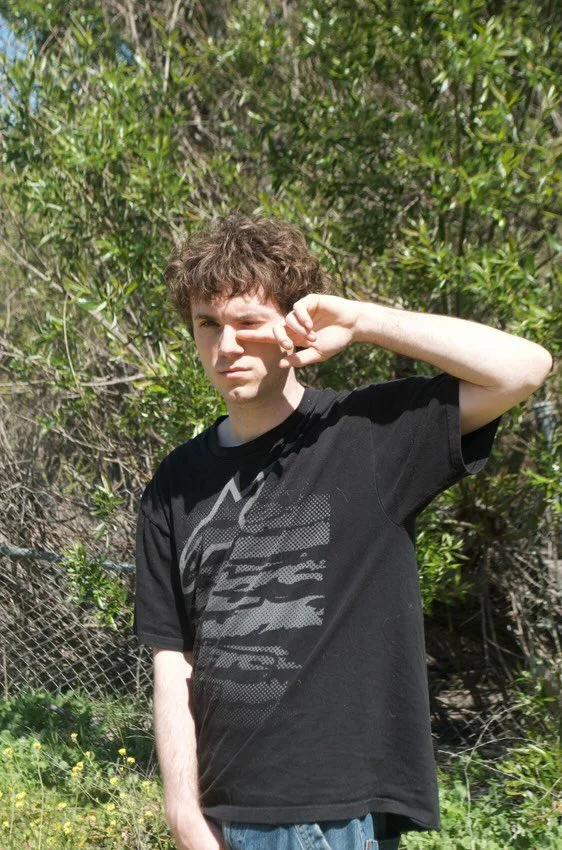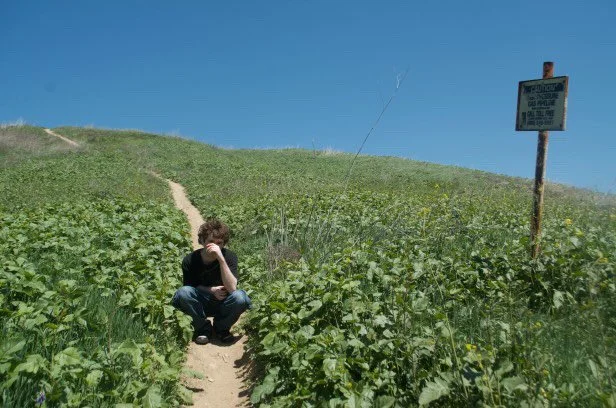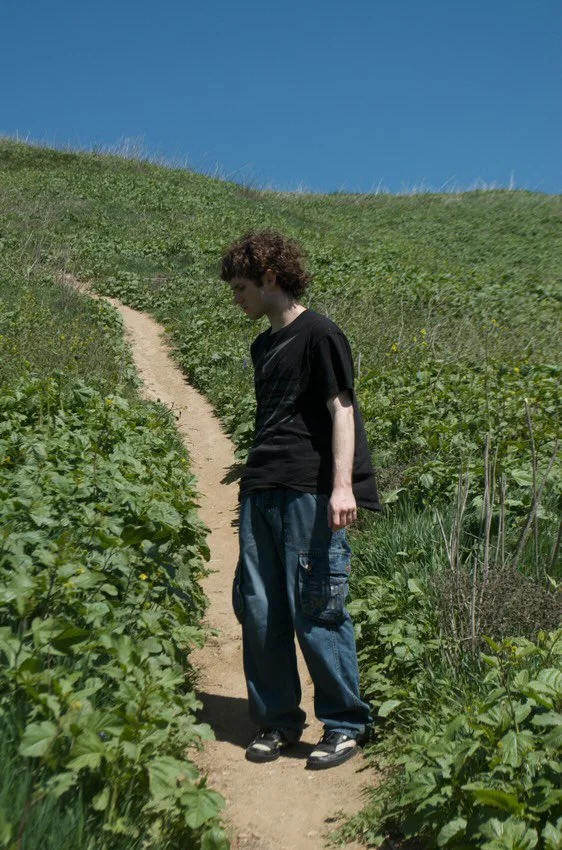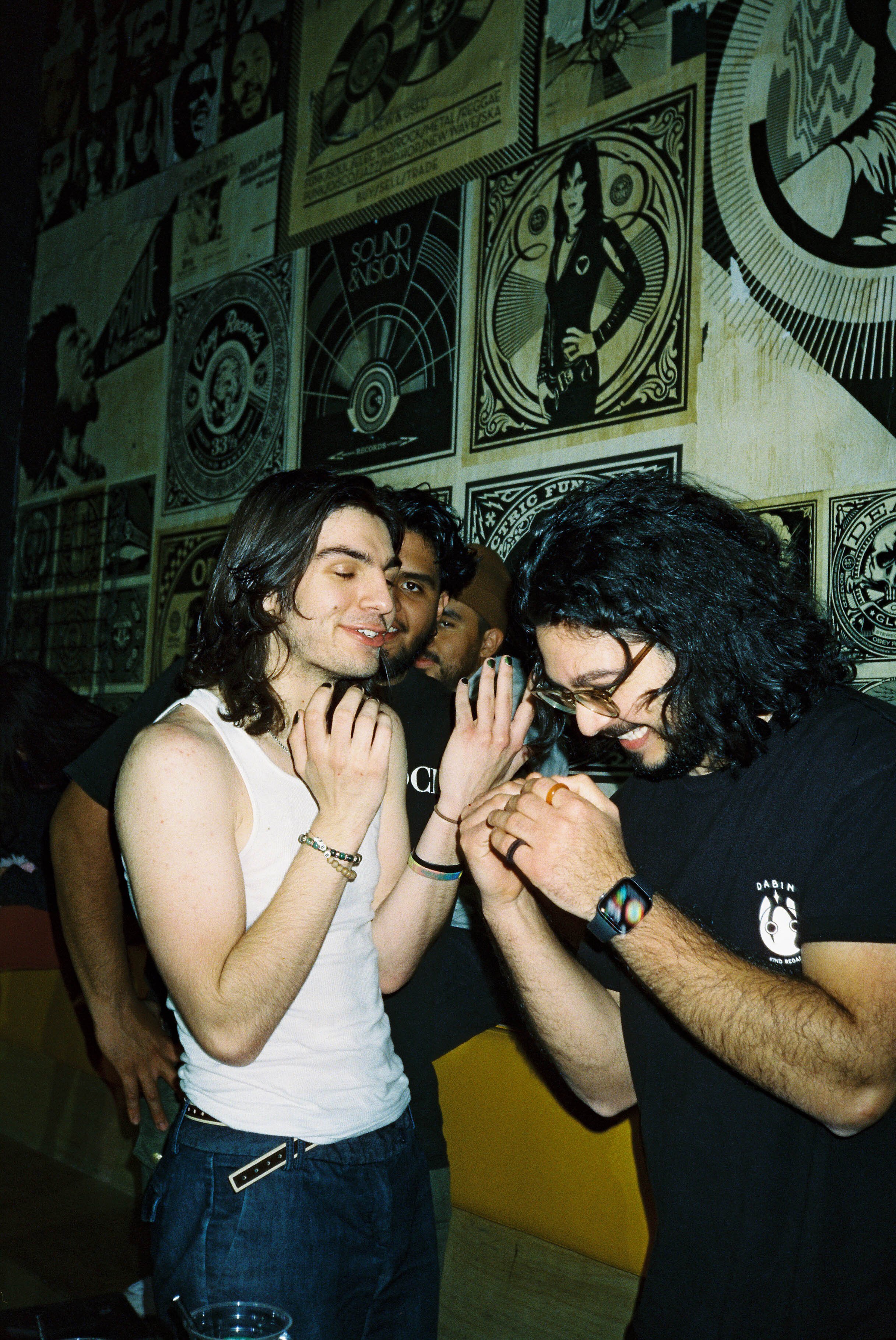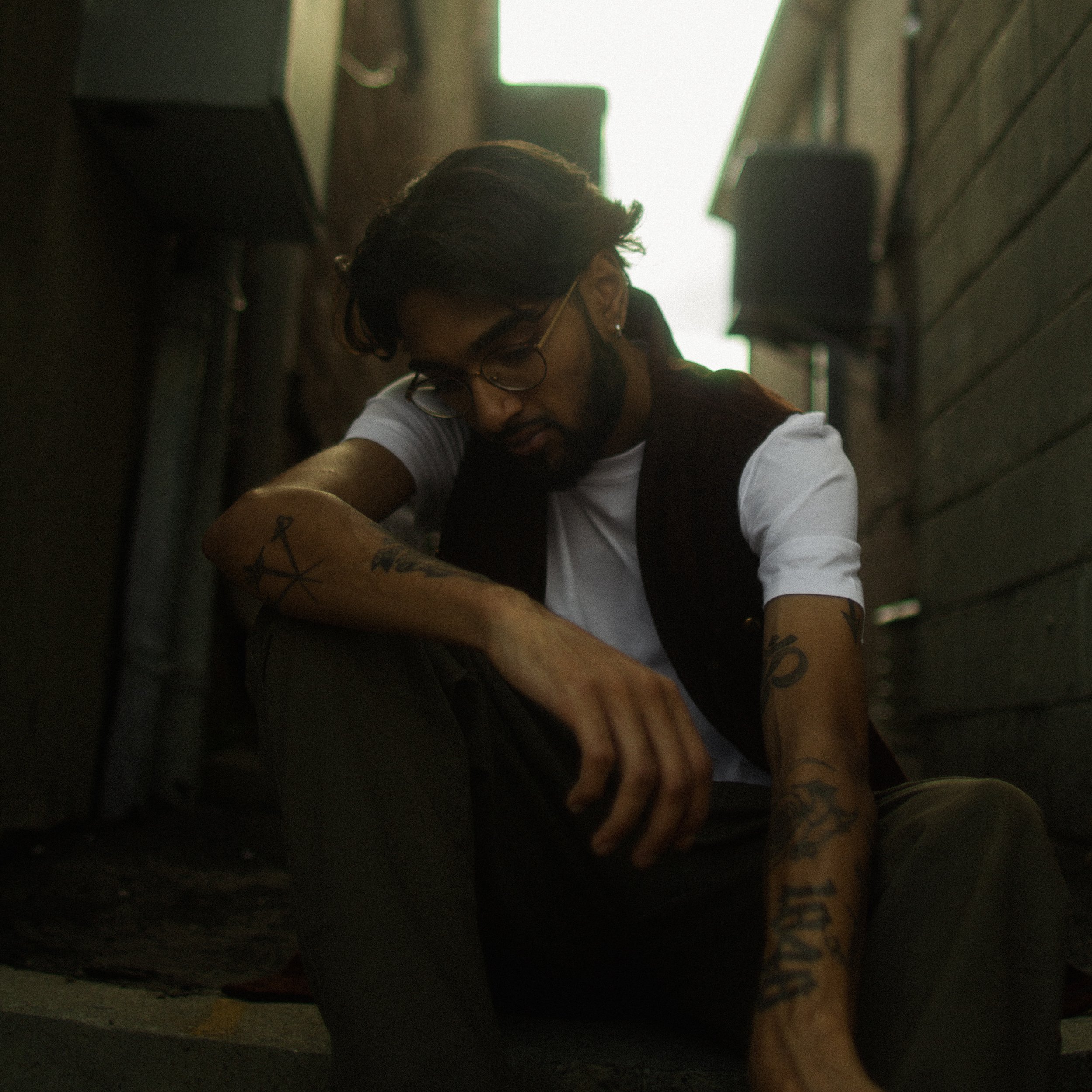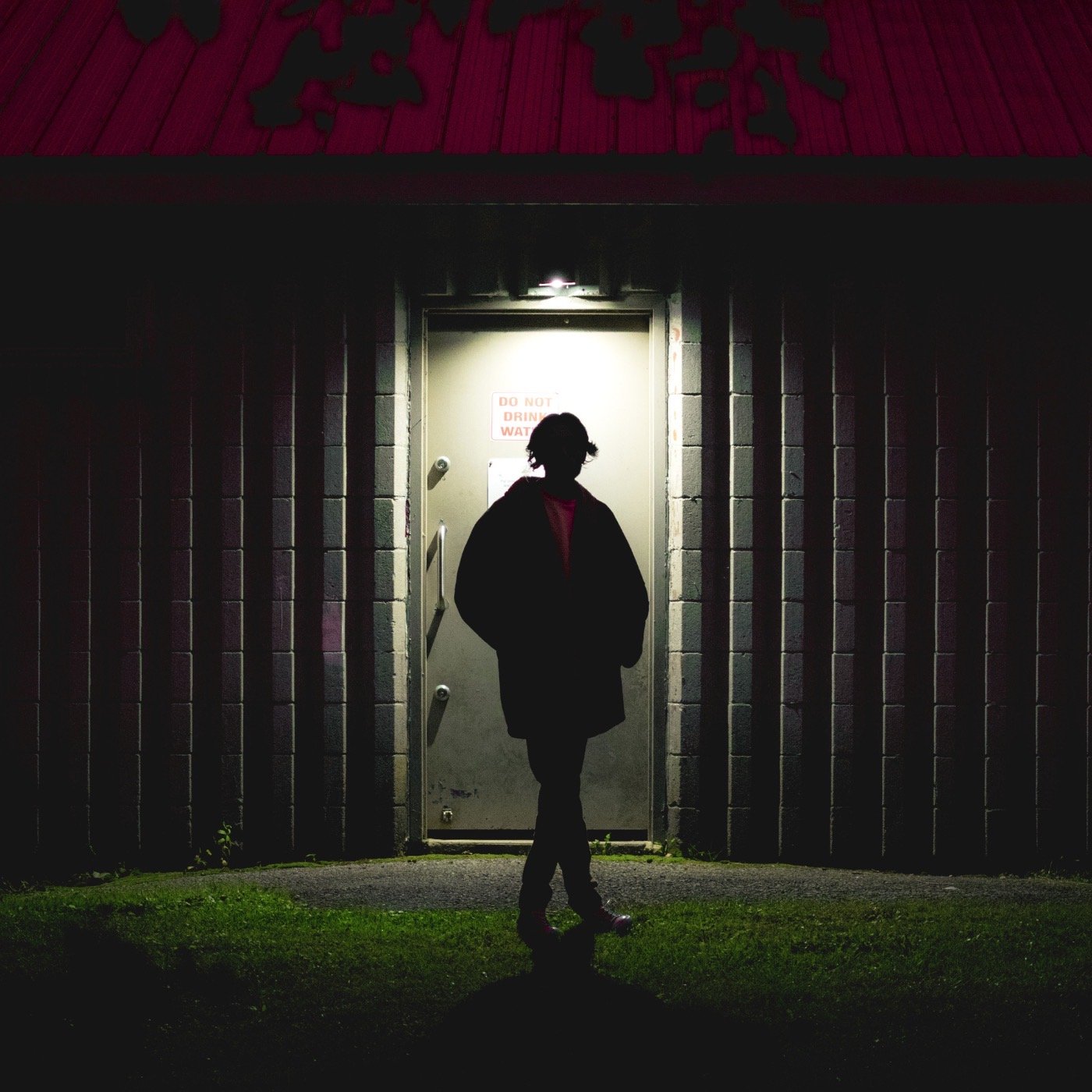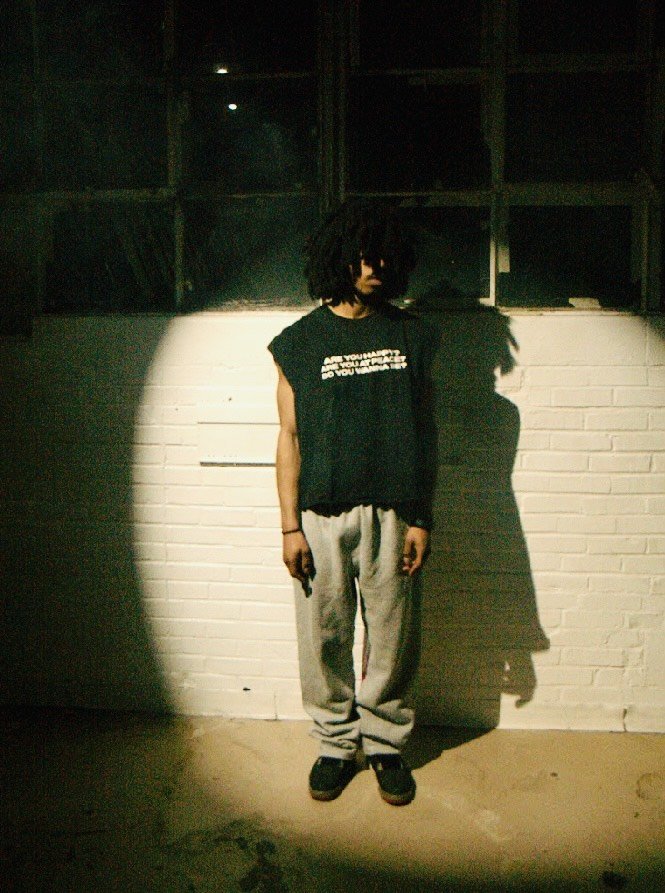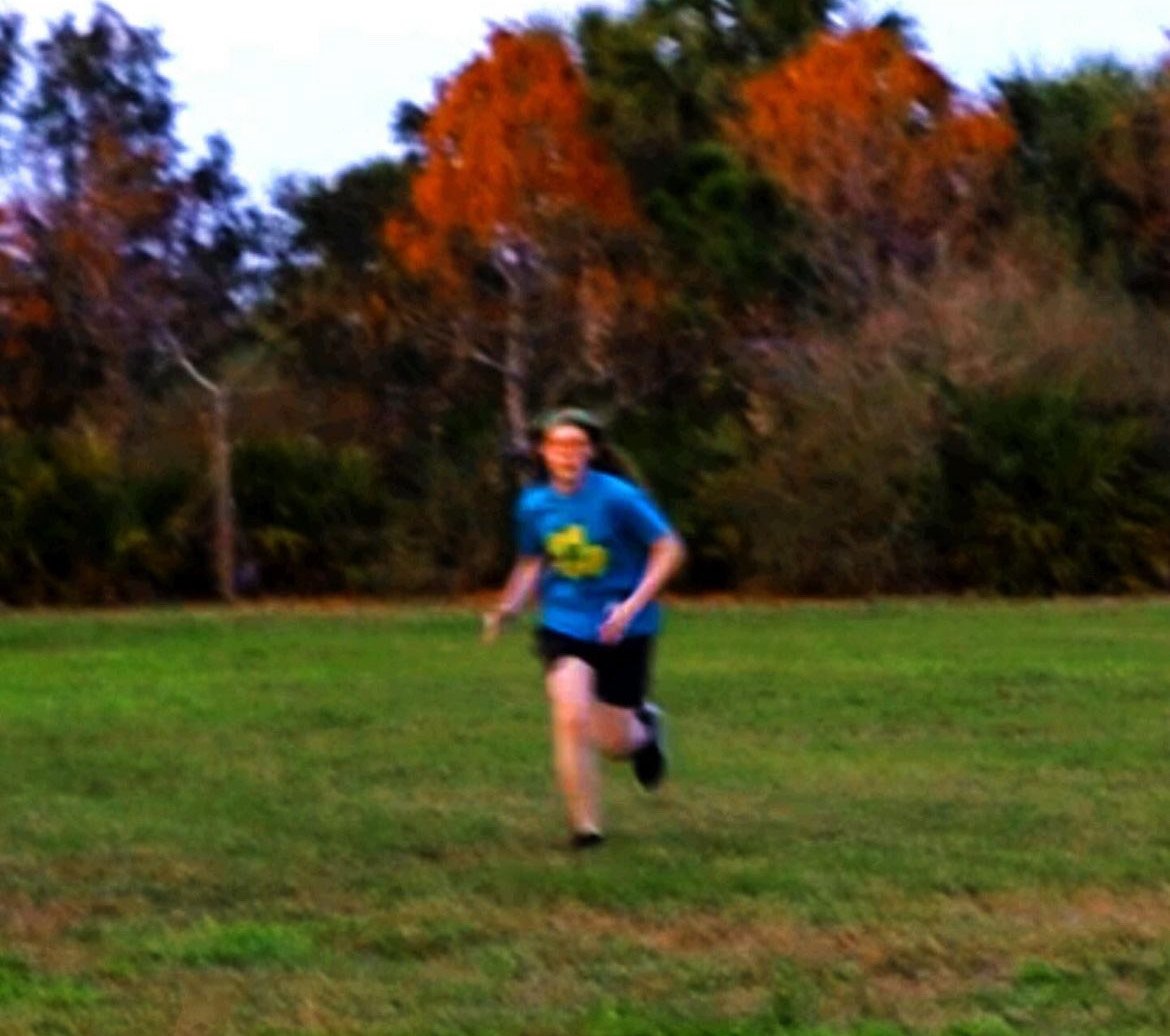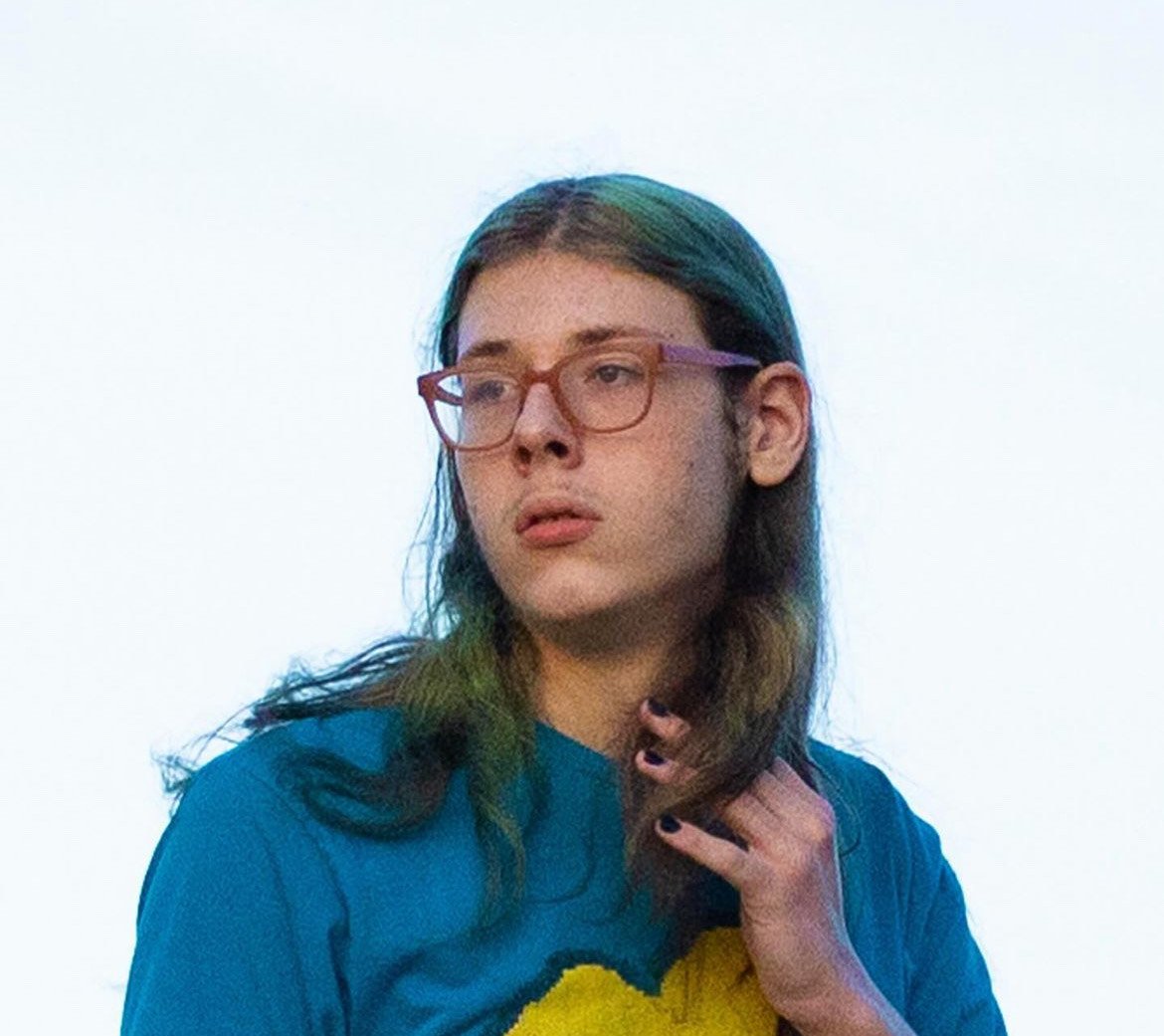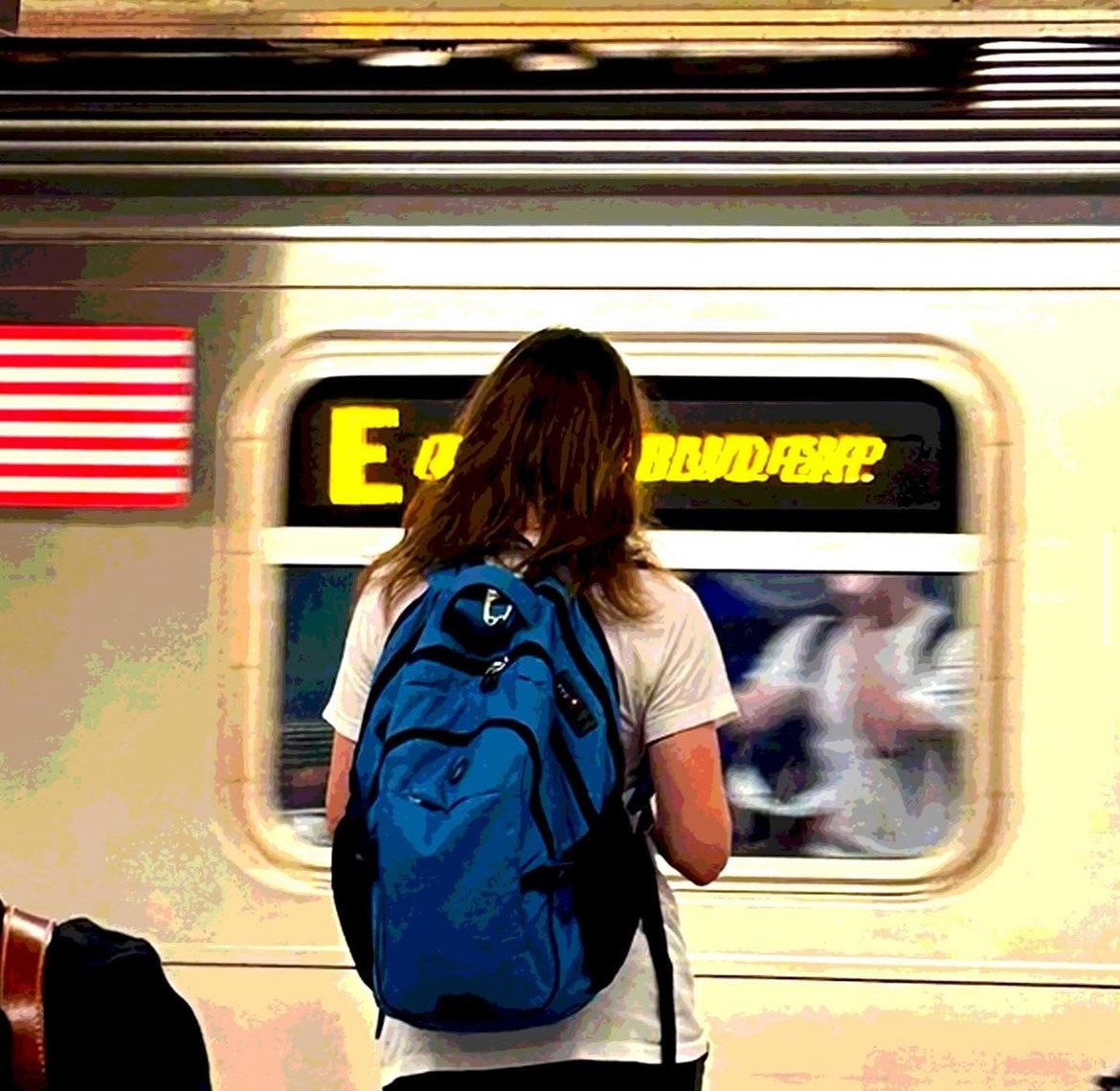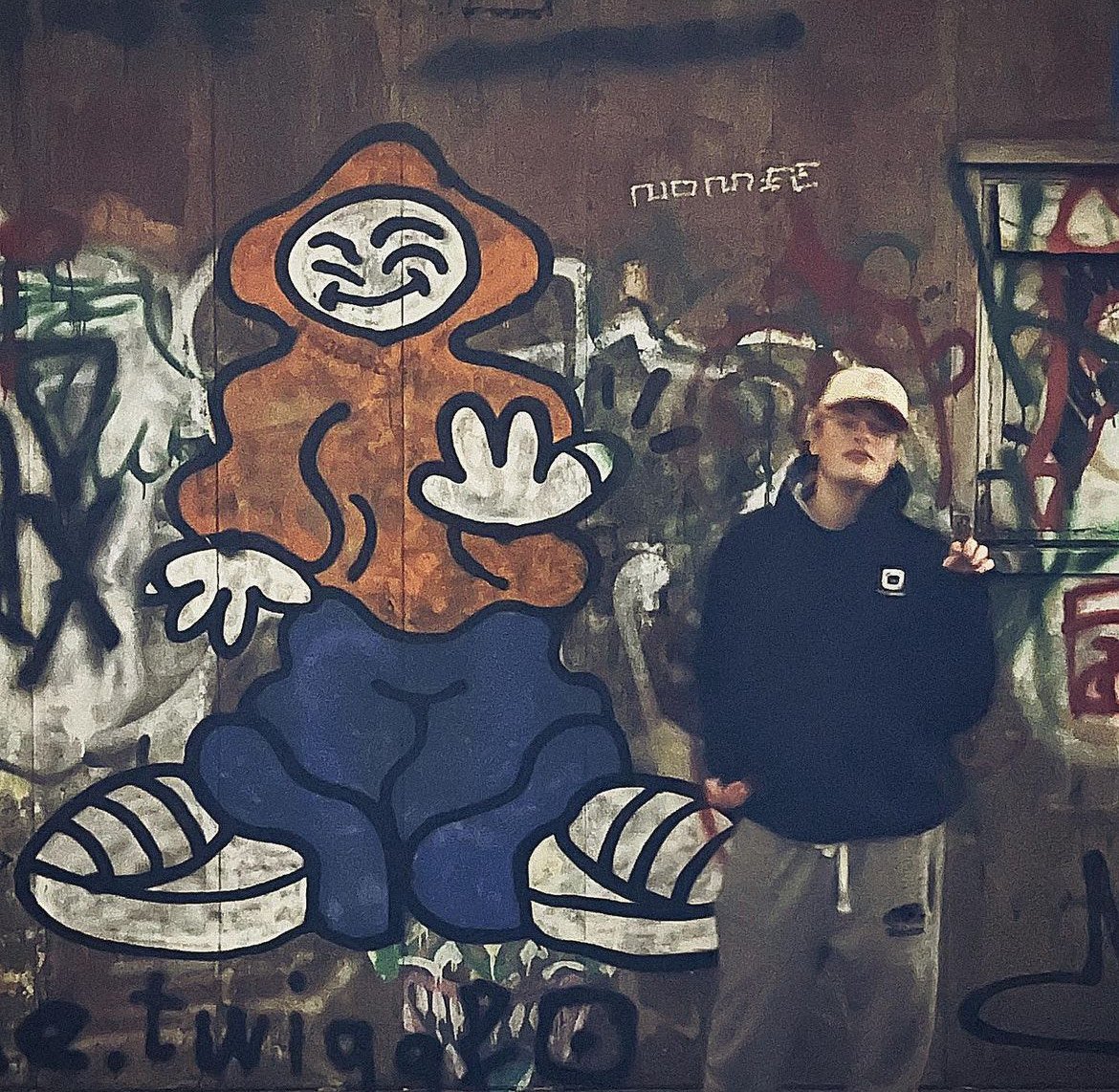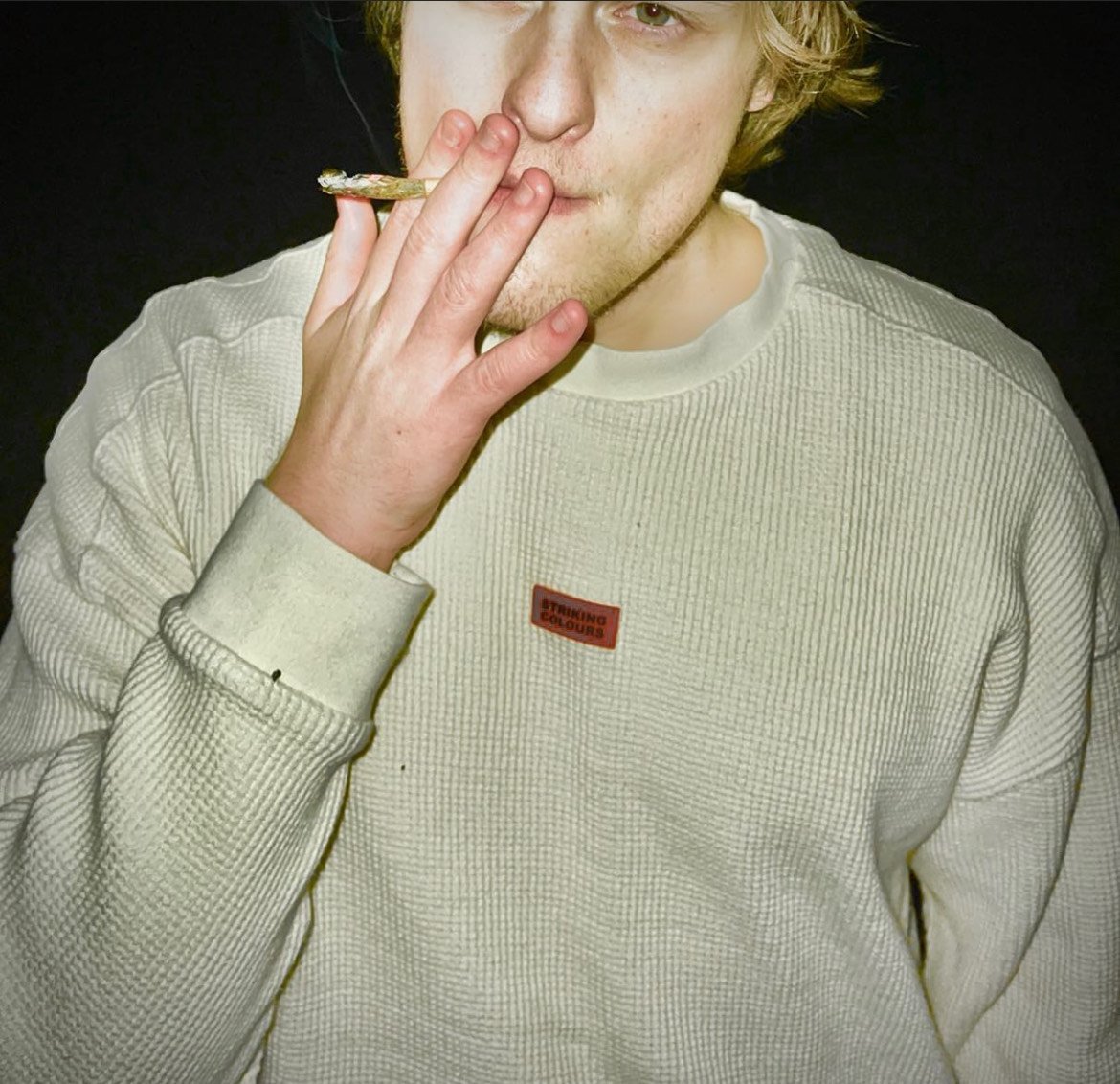Welcome back to The Artist Playbook, your structured guide to building a sustainable and independent music career from the ground up. Last episode, we laid the groundwork by helping you clarify your “why,” set achievable goals, and build a foundation rooted in consistency. This week, we’re turning our focus to something just as vital, your brand.
Whether you realize it or not, branding begins the moment someone encounters your name, visits your profile, or sees your cover art. Every post, photo, and song contributes to how you’re perceived. In a music industry where first impressions often determine whether someone hits play or scrolls past, intentional branding isn’t just helpful, it’s essential.
A strong, consistent brand:
Makes you more recognizable and memorable.
Attracts fans who align with your aesthetic and message.
Builds trust, clarity, and professionalism around your artistry.
Provides direction when it’s time to make creative or business decisions.
This week, we’ll dive into three foundational components of branding every artist must master:
Your Artist Name
Your Visual Identity
Your Story
Choosing Your Artist Name
Your artist name is the first element of your brand that fans, curators, and industry professionals encounter. Before anyone hears your voice or reads your bio, your name is already setting the stage. It’s the verbal logo of your creative identity, shaping expectations about your sound, style, and presence.
In a sea of new music released daily, your name needs to do more than just “exist”, it has to cut through the noise. It’s what people search, remember, tag, and talk about. If it’s forgettable, hard to pronounce, or difficult to find online, you’re creating unnecessary friction between yourself and your potential audience.
Think about the artists whose names stuck with you the first time you heard them, Saba, Tierra Whack, Frank Ocean, Noname. These names are evocative. They’re distinct without being overly complicated. They each suggest something about the artist before you even press play. That’s what you’re aiming for: a name that feels authentic, sparks curiosity, and makes someone want to know more.
A strong artist name does three things well:
It invites attention — It’s either aesthetically pleasing, emotionally intriguing, or sounds good when spoken aloud.
It signals intention — Whether subtle or bold, your name should feel like a conscious choice, not a placeholder.
It creates space — A good name gives you room to evolve creatively while still maintaining cohesion as your sound grows.
Don’t rush this part. Sit with a few ideas. Say them out loud. Write them out. Google them. See how they look on a cover art thumbnail. Consider how they’ll appear in a Spotify search result or an Instagram handle.
Your artist name isn’t just the front door to your music. It’s the address people use to find you, remember you, and come back to what you create.
What Makes a Name Work
Memorability - Can someone say it once and recall it later?
Originality - Are you avoiding common tropes or overused prefixes?
Sonic Alignment - Does the name evoke a tone that matches your sound?
Brand Practicality Checklist
Is it already being used on Spotify, Apple Music, or YouTube?
Are the social handles available across major platforms?
Can someone search it and find you easily, or will they get lost in a sea of unrelated content?
These are not just details, they’re structural decisions. Making the right choice now sets you up to scale later without running into identity issues or legal problems. If you’re unsure about your current name, take time this week to re-evaluate it. Does it still align with your growth as an artist? Does it feel like an accurate reflection of where you’re headed? A name change early on is far easier to navigate than one mid-career.
Defining Your Visual Identity
A strong visual identity is not about chasing trends or aiming for perfection, it’s about deliberate clarity. It’s about creating a cohesive experience that reinforces your music before a single note plays. When done right, your visuals don’t just complement your sound, they amplify it, turning casual listeners into emotionally invested supporters.
Start with Structure
Your visual brand should be rooted in a few consistent, well-considered elements:
Color Palette - Choose two to four signature colors that reflect your mood, themes, or sonic tone. Are you high-energy and rebellious? Reds, oranges, or high-contrast neons might make sense. More reflective and melancholy? Earth tones, muted blues, or black and white could feel right. These colors should show up repeatedly—on cover art, your website, your social media banners, even your merch. The more visually consistent your presence, the faster people begin to recognize you.
Typography - Fonts communicate energy and tone just as much as colors do. Serif fonts feel classic. Sans-serif fonts feel modern. Handwritten fonts feel intimate. Bold, block fonts feel aggressive or assertive. Choose a set of 1–2 fonts that reflect your sonic personality. These fonts can be used in Instagram quote graphics, cover art, or any promotional materials to create a branded rhythm across platforms.
Photography & Imagery - You don’t need expensive gear, but you do need intention. Your photos should tell a story. Consider composition, facial expression, lighting, backdrop, and outfit. Are you evoking solitude, confidence, rebellion, vulnerability? A consistent approach to photography helps build visual cues that tie into your music’s emotional range. Fans may not notice these decisions consciously, but they’ll feel the atmosphere they create.
If you’re unsure where to begin, look at artists whose visuals you admire, not to copy them, but to reverse-engineer why their look works. Is it the tone? The spacing? The simplicity or complexity? Identify what resonates with you and adapt it into something personal.
Building Recognition Through Repetition
Familiarity builds connection. When your audience consistently sees a recognizable look, whether it’s your choice of fonts, photo filters, or how you structure your social posts, it signals professionalism and intentionality. In a feed full of chaos, repetition creates a sense of place. And in branding, that “place” becomes where fans go to reconnect with your world.
Think of visual identity like the intro of your music video—subtle cues that tell someone, “you’re in the right place.”
The artists who leave lasting impressions don’t just sound different, they look different in a way that feels deliberate and specific. Visuals create a container for your sound. When your look evolves in step with your music, it helps the audience follow your growth while still feeling anchored to the artist they first connected with.
Establishing Direction: Your Visual Toolkit
Before designing a cover or booking a shoot, take time to define your aesthetic vision. That starts with building a toolkit:
Mood Boards - Use platforms like Pinterest, Notion, or Milanote to collect images, textures, color palettes, fonts, and references that reflect your vibe.
References - Include film stills, old album art, runway shots, or even architecture—anything that captures your desired tone or mood.
Keywords - Alongside images, write down 3–5 words that describe your brand’s aesthetic. Think “gritty,” “otherworldly,” “serene,” “vulnerable,” or “offbeat.” These words help you communicate your vision to collaborators down the line.
When it comes time to hire a photographer, graphic designer, or visual collaborator, this toolkit becomes your brand language, it ensures your visuals are on message, even when you’re not the one behind the camera.
Why Visual Cohesion Matters More Over Time
For artists early in their journey, visual identity might feel secondary to the music. But as your catalog grows, your audience starts forming expectations around your releases, what they’ll feel like, what they’ll sound like, and increasingly, what they’ll look like. From your second or third release onward, each new visual either reinforces your identity or blurs it.
Think of visual cohesion as creative trust. When people recognize your visual signature, they feel more confident investing in the music behind it. That kind of trust turns casual streams into long-term fans.
Crafting Your Story
A strong brand doesn’t just look good, it feels real. Visuals might capture attention, but storytelling is what creates connection. It's how you turn a song into something more than sound something personal, human, and memorable.
Listeners are no longer just consuming music they’re forming relationships with the artists behind it. In a landscape where anyone can drop a song, what sets you apart is your ability to make people care. Storytelling gives your brand emotional texture. It transforms your name, image, and sound into a living narrative that people can follow, invest in, and relate to.
But let’s be clear storytelling doesn’t mean you have to share every detail of your personal life. It means having a defined sense of what you stand for and being able to communicate that clearly. Your story becomes your north star. It helps you navigate creative decisions, brand partnerships, interviews, press, and more.
The Key Pillars of Your Story:
Your Roots - Where are you from not just geographically, but emotionally and culturally? What shaped your worldview? What challenges or experiences influenced the way you create? Your background doesn’t have to be dramatic to be compelling. It just has to be honest and specific.
Your Influences - What artists, sounds, films, books, places, or experiences helped form your creative perspective? You don’t need to list names to be credible focus on what you took from those influences and how they shaped your process or vision.
Your Purpose - What role does music play in your life—and what role do you want it to play for others? Are you trying to empower, escape, provoke, comfort, inspire? What’s the emotional intention behind your work? This clarity is what helps fans connect with your why, not just your what.
Writing Your Artist Bio
Rather than writing a full-length autobiography, your goal should be to craft a concise artist statement something that can live on your website, social platforms, streaming bios, and media kits. This statement should:
Quickly introduce who you are and what you sound like.
Convey what makes you distinct.
Invite curiosity and leave room for discovery.
Here’s a simple framework to start with:
Where you’re from
What kind of music you make
What makes your sound or message different
Why you create in the first place
Once you have your core bio locked in, you can adapt it for different platforms. Need a shorter version for your Instagram? Pull one sentence. Need a more in-depth version for a press release or EPK? Expand it by adding a paragraph about your current work or recent releases. This bio becomes your brand’s anchor, clear, consistent, and ready to evolve as you do.
Weekly Checklist
To build a solid brand foundation, complete these three tasks before moving forward:
Finalize or re-evaluate your artist name. - Search for it across music platforms (Spotify, Apple Music, SoundCloud) and secure matching social handles. Think long-term—your name should represent your identity today and still work years from now.
Define your visual identity. - Create a mood board with fonts, colors, imagery, and textures that align with your sound and persona. This becomes your visual reference for cover art, photography, social media, and merchandise.
Write a short, compelling artist bio. - Start with the 2–3 sentence format. Refine it until it feels specific, authentic, and repeatable. Then use it across your platforms to maintain a consistent introduction to your brand.



